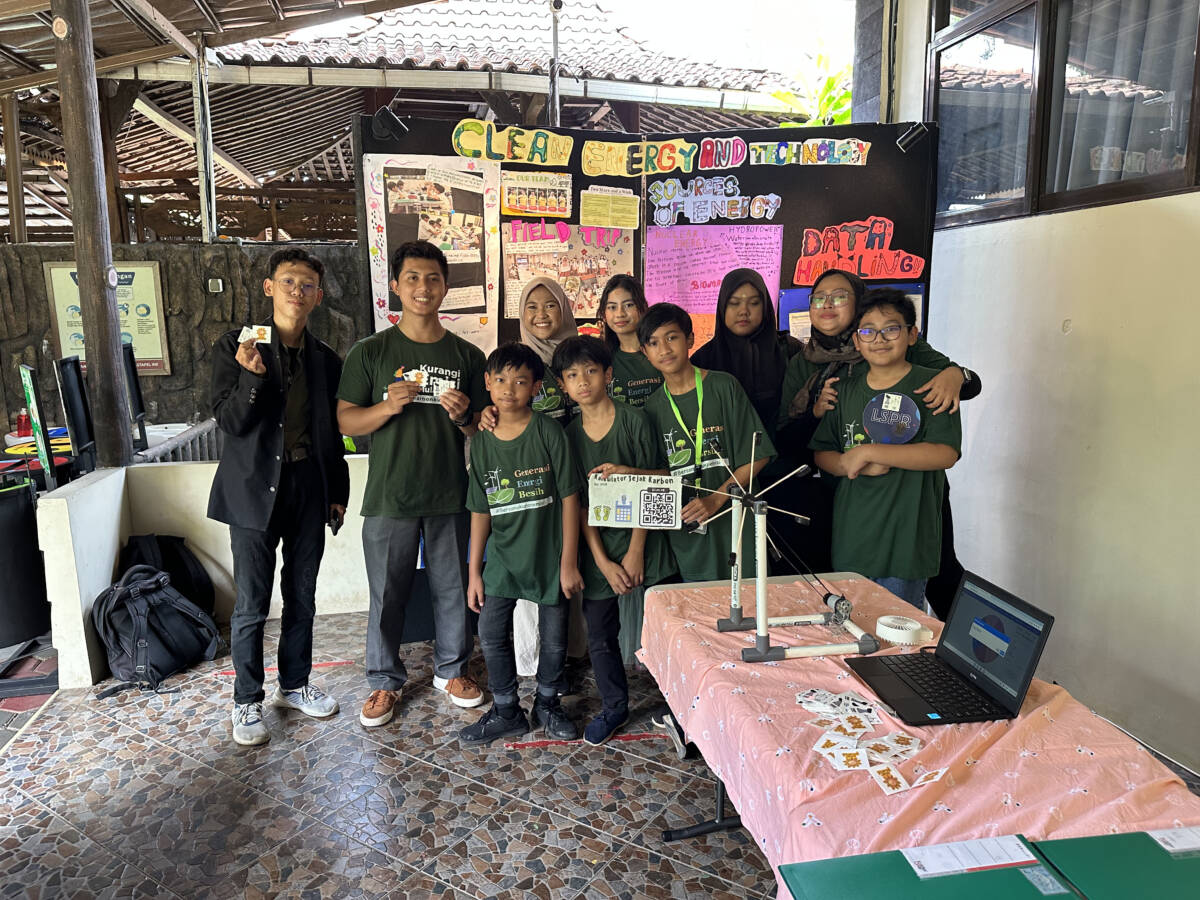
Early Energy Transition Education
As a human being, we want to leave a legacy – a lasting impact for many years to come. Some want to leave in writings, song’s lyrics, or poems. Othe... Read more.
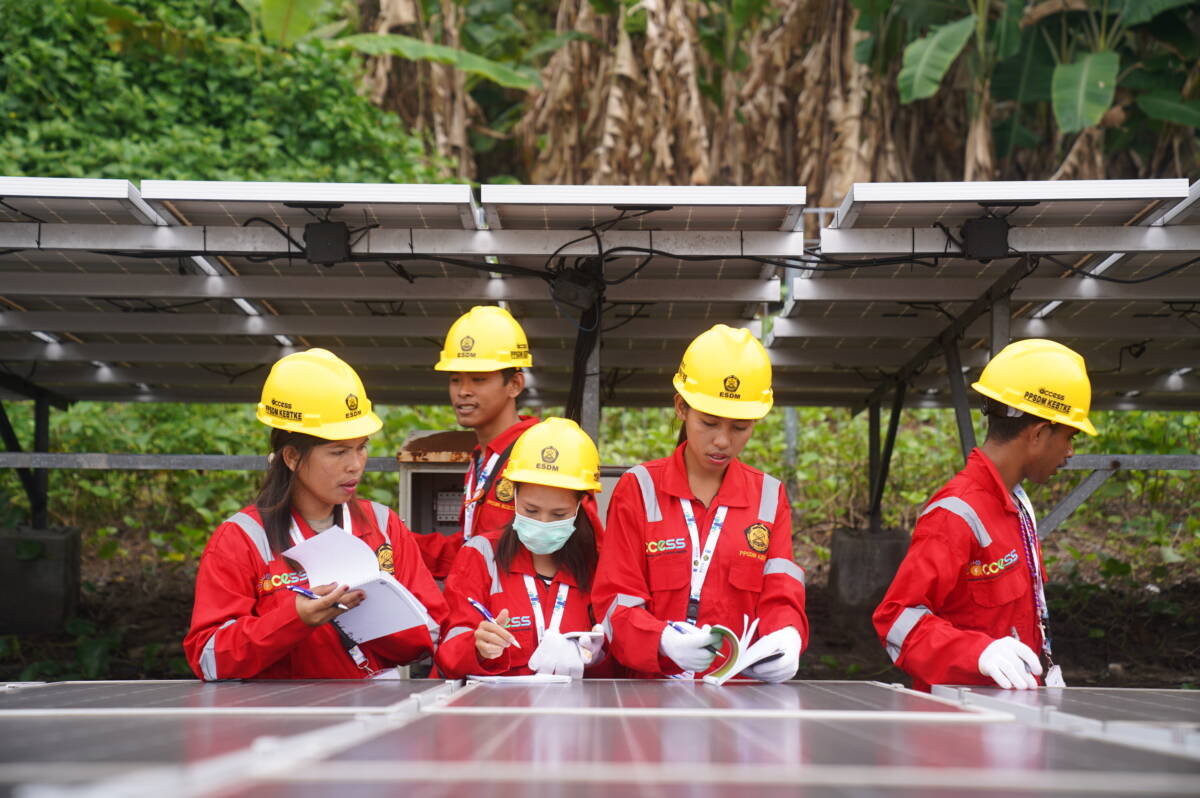
Indonesia’s Workforce in the Energy Transition: Government Needs to Map and Act
Navigating the socio-economic impact is one of the challenges in Indonesia’s energy transition agenda, due to the huge contribution of the current energy ... Read more.
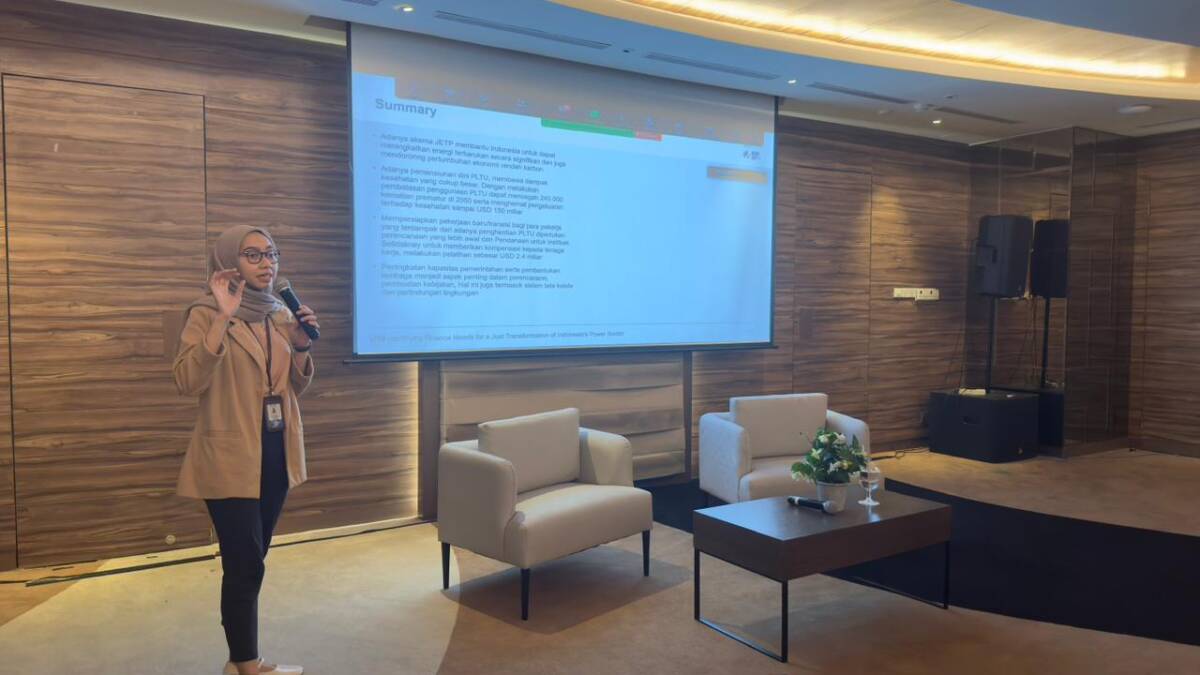
Identify Funding Needs for the Just Transition
Jakarta, 30 April 2024 – The energy transition process is entering a new phase with the Just Energy Transition Partnership (JETP) funding which was agreed... Read more.

Making the Global Stocktaking Process More Relevant to Southeast Asia
Jakarta, 25 April 2024 – Global efforts to halt climate change by reducing emissions are entering a phase of global consolidation. Since 2023, the Indepen... Read more.
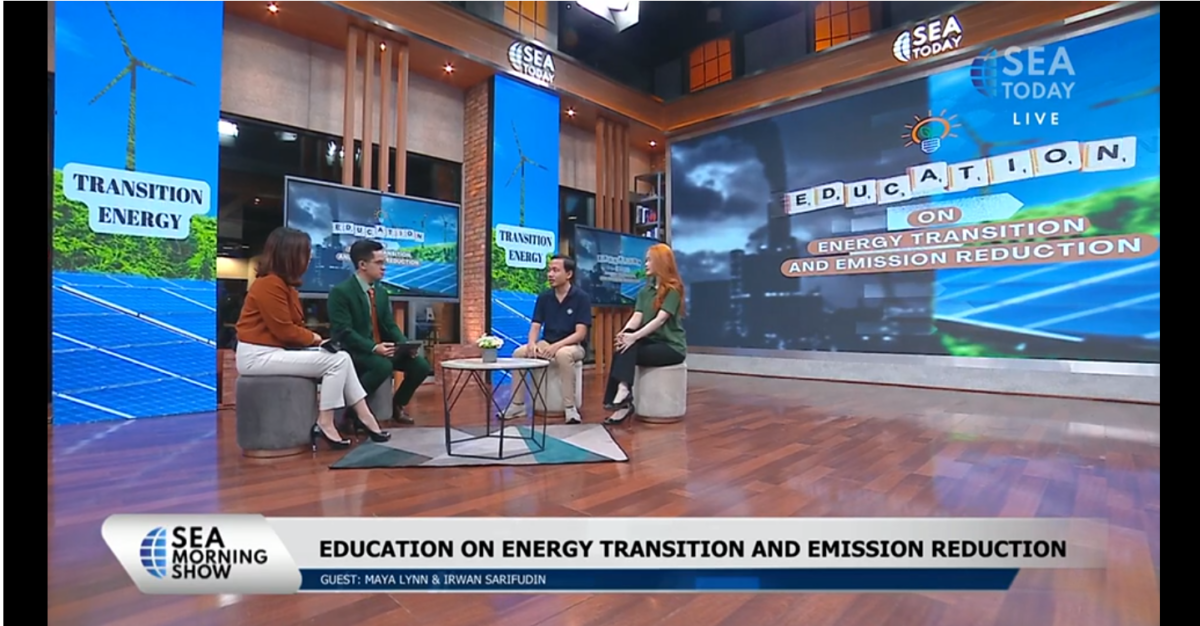
Engaging More People in the Emission Reduction Effort
Jakarta, 22 April 2024 – Energy transition has gained traction and momentum in the past years. Countries have pledged to reduce emissions as well as accel... Read more.
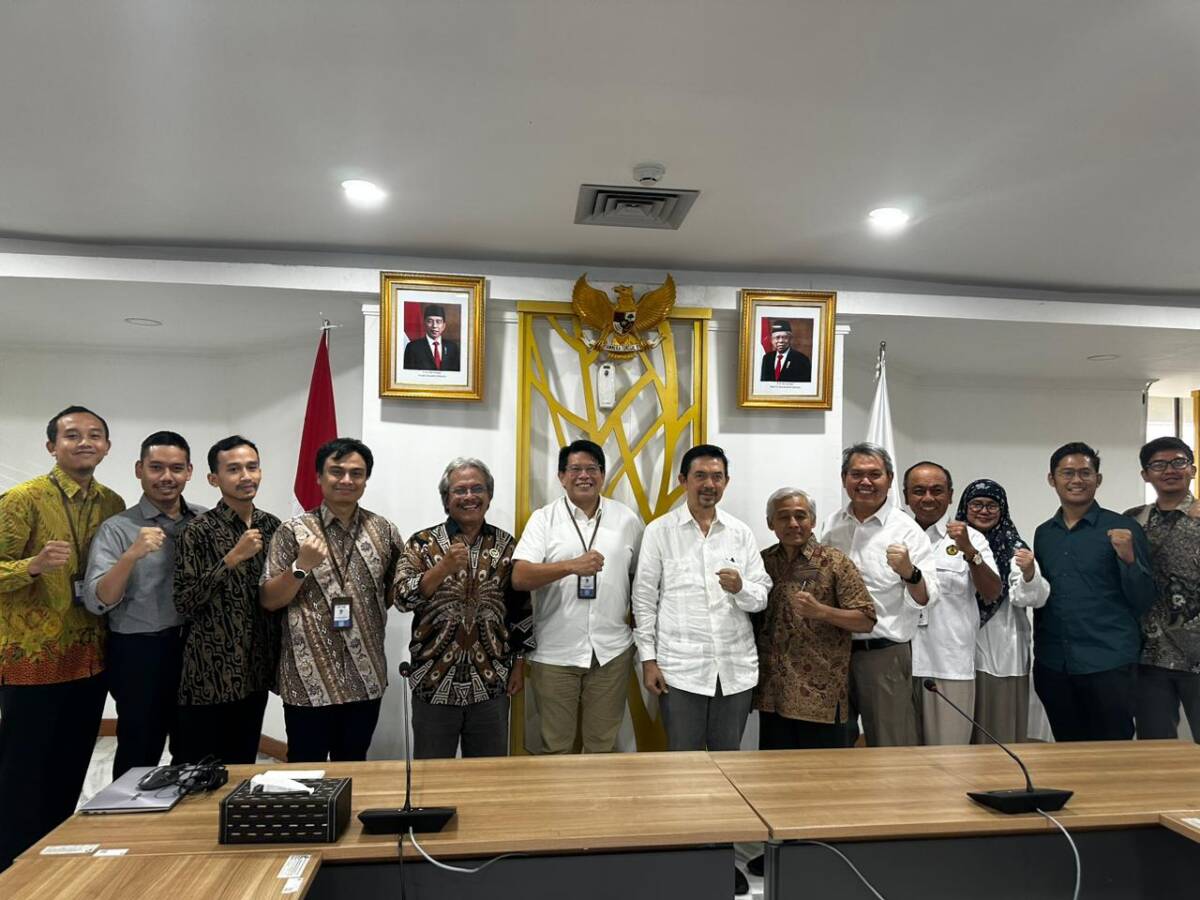
Carefully Designing Indonesia’s Energy Policy Framework
Jakarta, March 28, 2024 – The National Energy Council (DEN) plans to adjust the renewable energy mix target. Currently in the draft Government Regulation ... Read more.
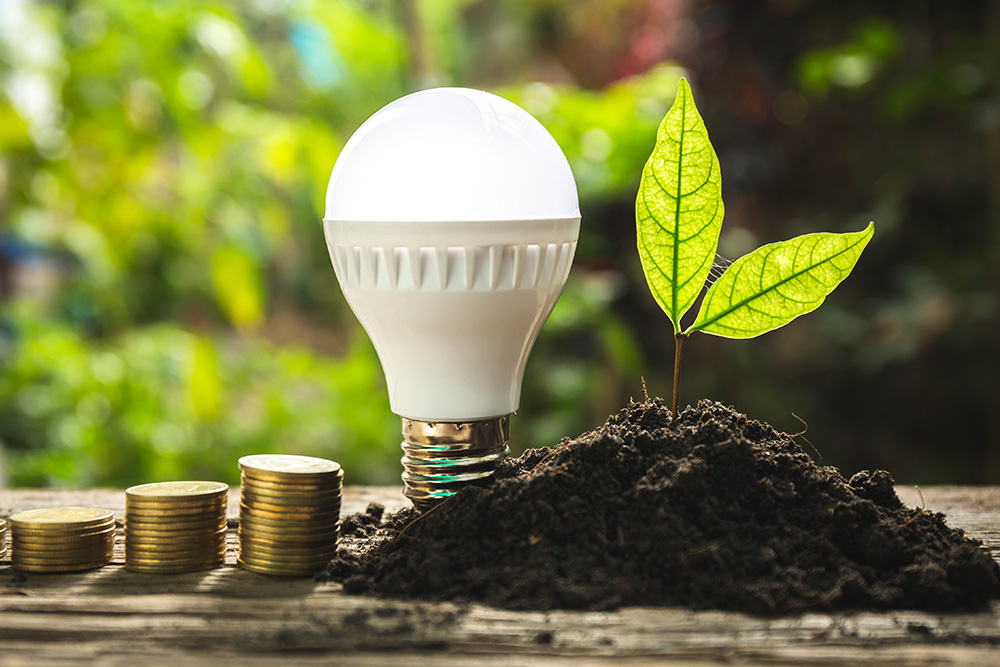
Ways to Empowering Consumers to Achieve Indonesia’s Net Zero Emissions Goal
On March 15 every year, people celebrate World Consumer Rights Day. It was first commemorated in 1983 and aims to raise awareness about consumer rights and enco... Read more.
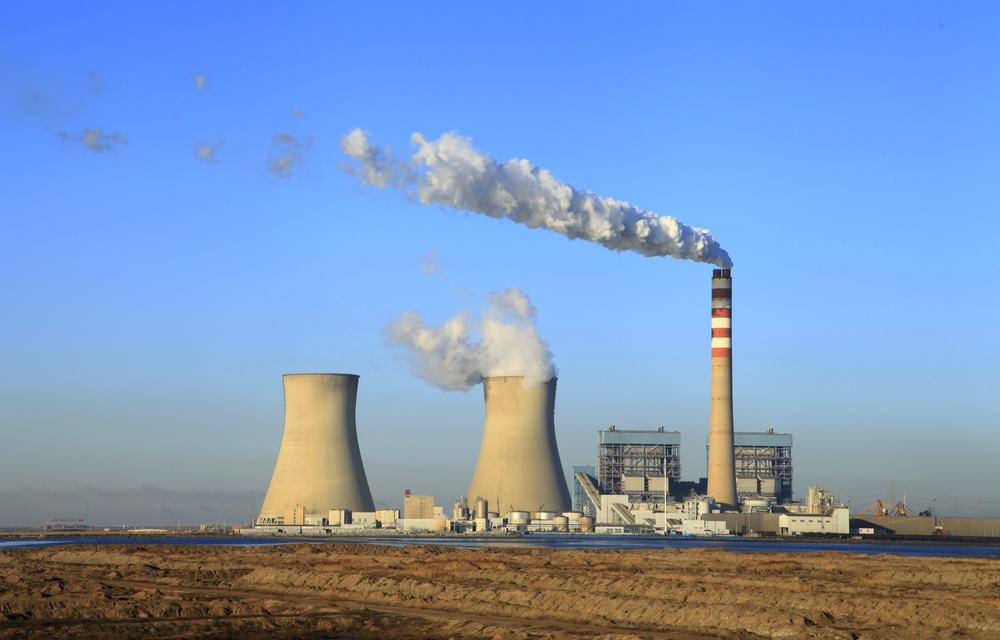
Who will bear the risks for the First-of-a-Kind (FOAK) Nuclear Power Plant in Indonesia?
In the latest draft of Indonesia’s national energy policy (KEN) and its roadmap, the introduction of a nuclear power plant (NPP) is scheduled for 2032. In... Read more.
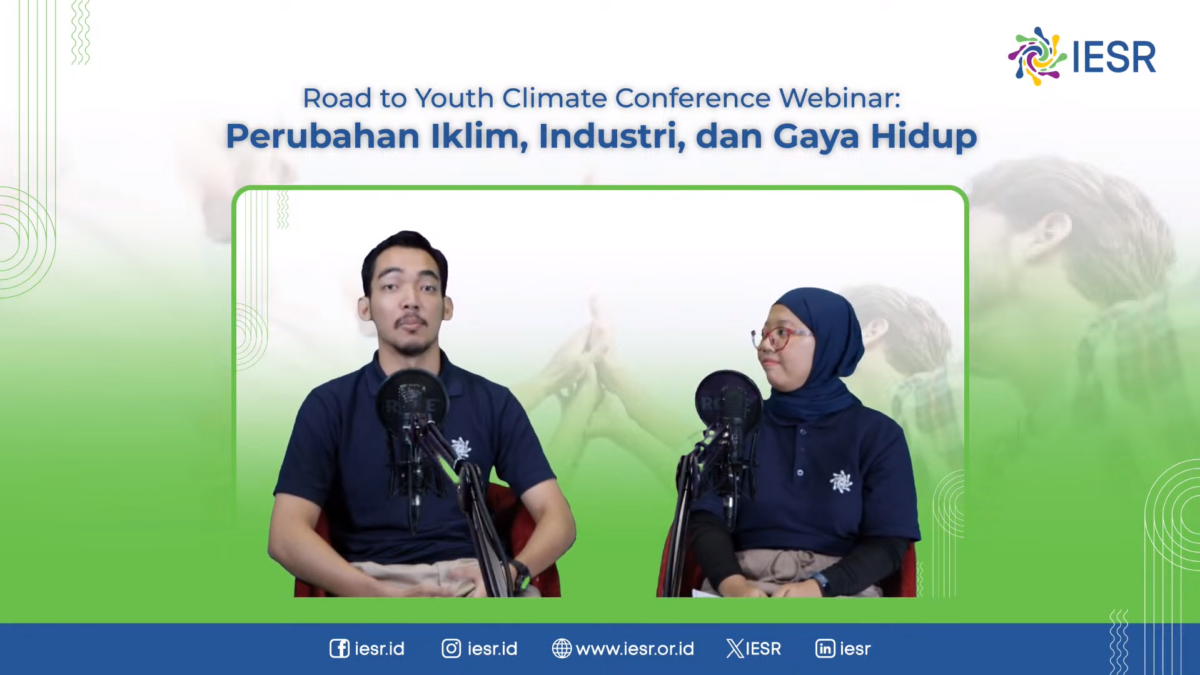
Encouraging Industrial Decarbonization Starting from Consumer Lifestyle
Jakarta, 22 March 2024 – The increase of the earth’s temperature is an inevitable phenomenon as a result of various natural events and human activit... Read more.
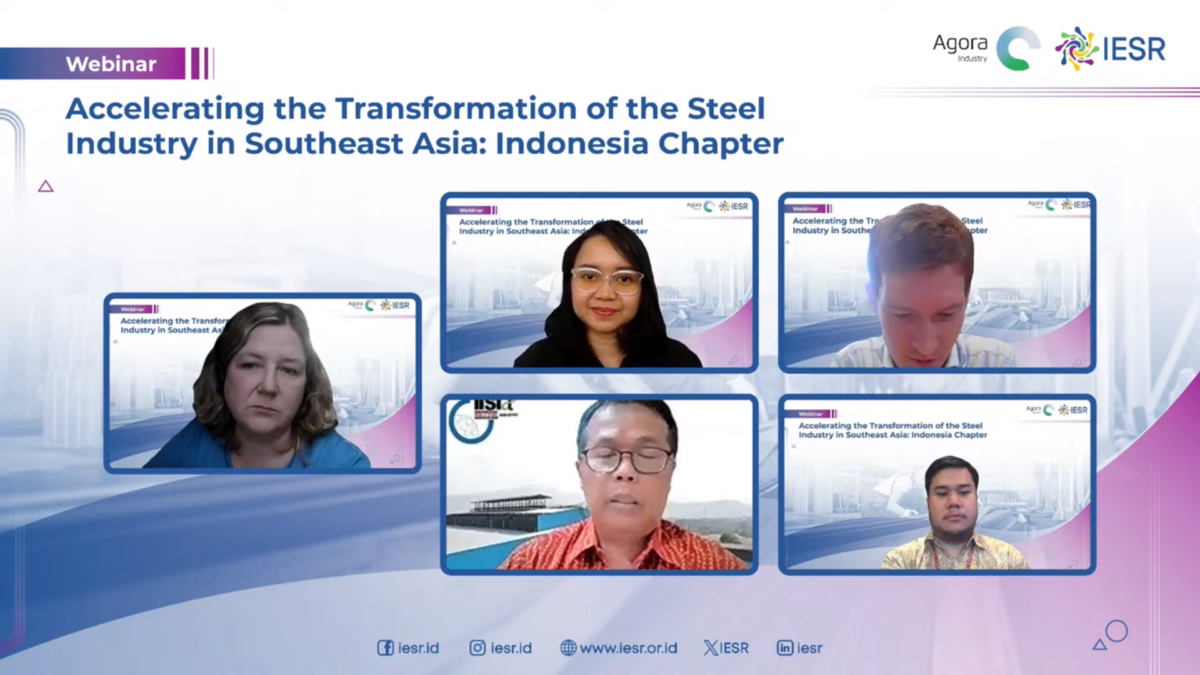
Embarking on the Decarbonization Journey of the Steel Industry
Jakarta, 20 March 2024 – The industrial sector is one of the important sectors for reducing emissions. The large energy consumption and its significant co... Read more.
